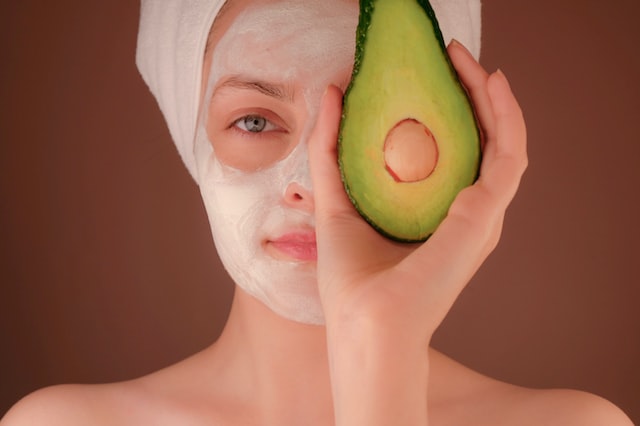Face masks help with acne

Acne is an incredibly common skin condition, affecting people of all ages. Acne can range from mild breakouts to severe cystic acne and can be caused by a variety of factors such as hormonal changes, stress, diet, and genetics.
Using a face mask regularly is one of the most effective ways to help treat acne. Face masks work by drawing out dirt and impurities from the skin, as well as unclogging pores and reducing inflammation.
There are several types of face masks that are particularly beneficial for those with acne-prone skin. Clay masks, for example, contain ingredients like kaolin clay and bentonite clay that absorb excess oil, dirt, and other toxins from the skin. Charcoal masks also help remove impurities from the skin, as well as providing antibacterial and anti-inflammatory benefits.
For those with very oily skin, it’s best to stick to clay or charcoal masks to prevent breakouts. For those with dry or sensitive skin, look for gentle face masks containing natural ingredients like aloe vera or oatmeal that won’t strip away natural oils or irritate your skin.
When using a face mask for acne, it’s important to apply it properly. Make sure your skin is clean and damp before applying the mask, and leave it on for the recommended time (usually 10-20 minutes). After rinsing off the face mask, make sure you follow up with your regular skincare routine – a light moisturizer can help soothe any irritation or redness caused by the mask.
Overall, incorporating a face mask into your regular skincare routine can be an effective way to help treat acne. By removing impurities and unclogging pores, face masks can reduce inflammation and help keep your skin looking clear and healthy.
